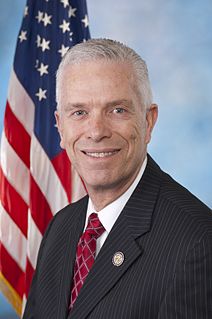A Quote by Thomas Russell
The errors of faith are better than the best thoughts of unbelief.
Related Quotes
So let's set the record straight. Faith is not the opposite of reason. The opposite of faith is unbelief. And reason is not the opposite of faith. The opposite of reason is irrationality. Do some Christians have irrational faith? Sure. Do some skeptics have unreasonable unbelief? You bet. It works both ways.
There is no grace more excellent than faith; no sin more execrable and abominable then unbelief. Faith is the saving grace and unbelief the damning sin. (Mark 16:16) ... Before Christ can be received, the heart must be emptied and opened: but men's heart's are full of self-righteousn ess and vain confidence (Rom 10:3).
Patience is tied very closely to faith in our Heavenly Father. Actually, when we are unduly impatient, we are suggesting that we know what is best—better than does God. Or, at least, we are asserting that our timetable is better than His. We can grow in faith only if we are willing to wait patiently for God's purposes and patterns to unfold in our lives, on His timetable.
Faith is better understood as a verb than as a noun, as a process than as a possession. It is an on-again-off-again rather than once-and-for-all. Faith is not being sure where you're going but going anyway. A journey without maps. Tillich says that doubt isn't the opposite of faith; it is an element of faith.
As soon as we ask what faith is and what sort of mistreatment of faith causes doubt, we are led to the first major misconception about doubt-the idea that doubt is always wrong because it is the opposite of faith and the same thing as unbelief. What this error leads to is a view of faith that is unrealistic and a view of doubt that is unfair.

































